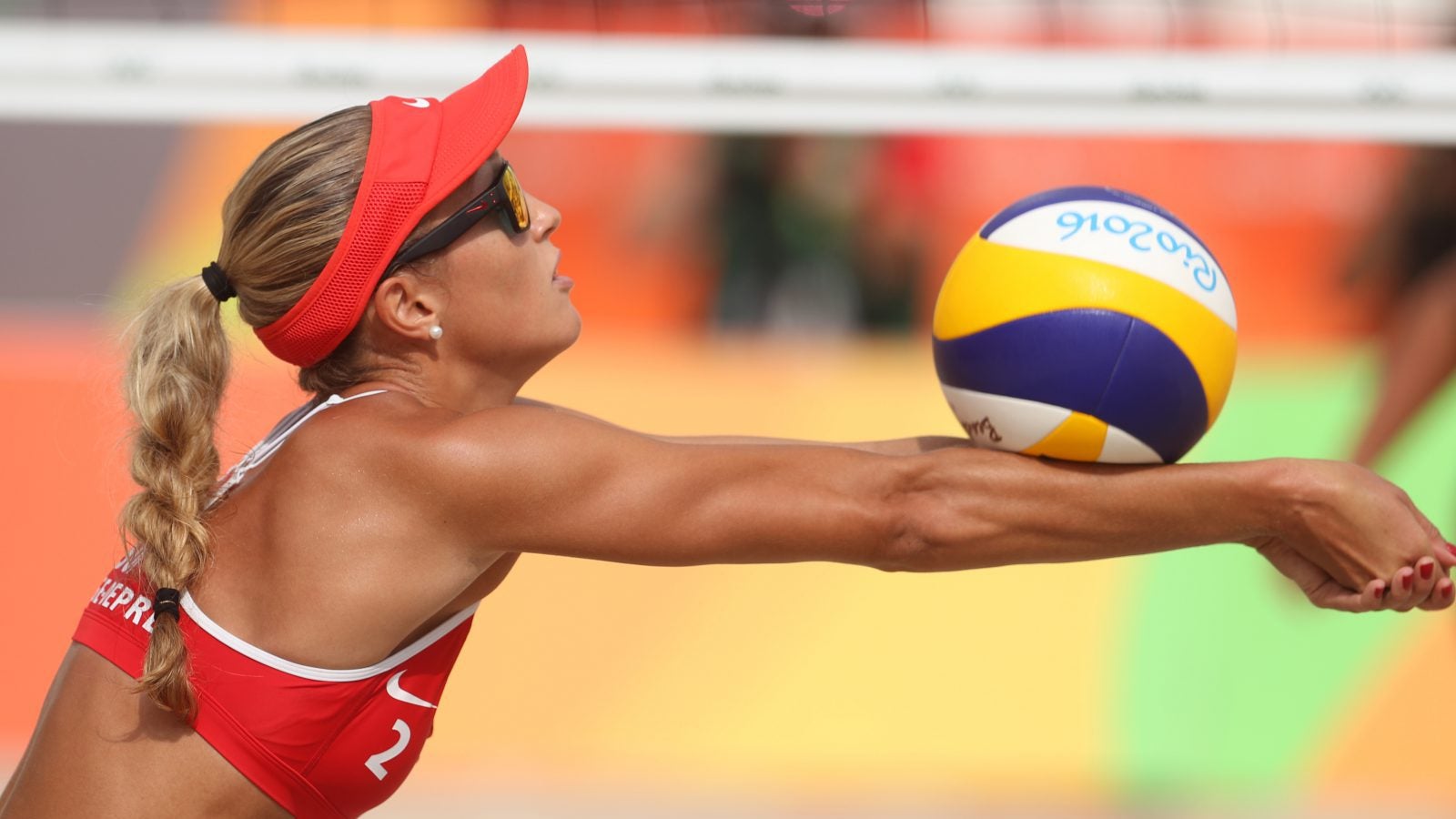Science says you should choose hot drinks to cool down in warm weather
As a child suffering through the rare warm days in Britain, my grandmother used to tell me, “Have a cup of black tea—it will help cool you down.” As a seven-year-old, this seemed like a crazy idea, especially when all I wanted was a cold lemonade and another ice cream. But it appears that this old wives’ tale may actually be more Stephen Hawking than Stephen King.


As a child suffering through the rare warm days in Britain, my grandmother used to tell me, “Have a cup of black tea—it will help cool you down.” As a seven-year-old, this seemed like a crazy idea, especially when all I wanted was a cold lemonade and another ice cream. But it appears that this old wives’ tale may actually be more Stephen Hawking than Stephen King.
The tradition of drinking hot drinks in warm weather is common worldwide—many of the leading consumers of tea per capita are in tropical or desert regions, and chai is one of the most popular drinks in India. And now evidence has emerged to support this trend: Depending on the climate you live in, drinking hot drinks may really help to cool you down.
In 2012 Dr. Ollie Jay, a senior lecturer in exercise and sport science at the University of Sydney, published the first of a series of papers to see if consuming warm drinks can actually lower the amount of heat stored by the body compared to consuming a cold drink. In this first study, volunteers were asked to cycle at a relatively low intensity for 75 minutes in around 24 °C (75 °F) heat at 23% relative humidity while consuming water at either 1.5˚C, 10˚C, 37˚C, or 50˚C.
The participants’ core temperatures may have slightly increased when 50˚C water was ingested compared to 1.5˚C and 10˚C water, but when the authors considered the effect of drink temperature on body heat storage, which is a better indicator of total body temperature, the results were very different: Following the ingestion of the warmer drinks, overall body heat storage was actually lower than with cooler drinks.
An explanation for these findings appears to be related to how sweating may be influenced by drink temperature. They consistently found that consuming a 50˚C drink results in a higher whole-body sweat loss (around 570 ml compared to about 465 ml for 1.5˚C). Sweating—and, more importantly, the evaporation of this sweat—is one of the key avenues for modulating body temperature and maintaining heat balance in humans.
Because of the increased heat load from drinking a warm drink, there is a compensatory increase in overall sweat output that outweighs the initial heat gain. The more sweat that is produced, the more sweat that will evaporate from the skin surface, and this increases heat loss and reduces body-heat storage.
In another study conducted in their lab, the team asked people to consume either 37˚C water or ice during exercise. In agreement with their previous work, they showed that there was a reduction in heat loss following ice ingestion compared to fluid at 37˚C, as a result of reduced sweat evaporation from the skin surface. This has implications for endurance performance in the heat: In essence, where changes in body temperature are known to influence performance, ice ingestion could result in an increase in body heat and negatively influence endurance capability.
However, it’s important to note that this study was conducted under conditions that allowed complete evaporation of sweat by maintaining a good airflow and keeping humidity low. The results would likely be different in conditions where sweat evaporation is limited, such as in humid climates. In fact, drinking cold drinks may be more favorable in these circumstances as they minimize inefficient sweat losses through dripping sweat and consequently aid an individual’s hydration.
So depending on your environmental conditions, maybe reaching for that cup of tea isn’t such a crazy idea after all. Listen to your grandmother’s advice—it’s based on years of experience.